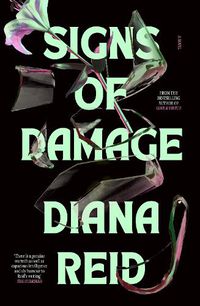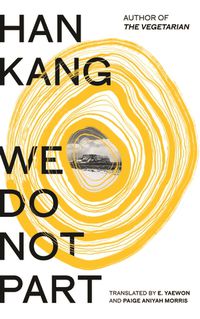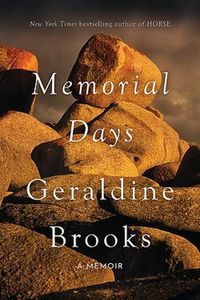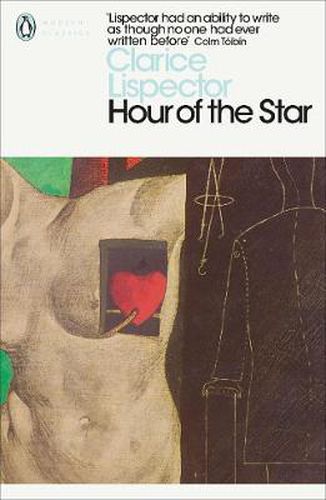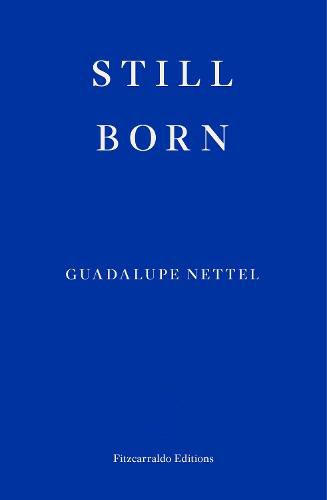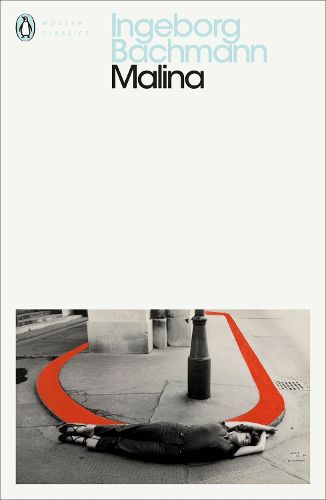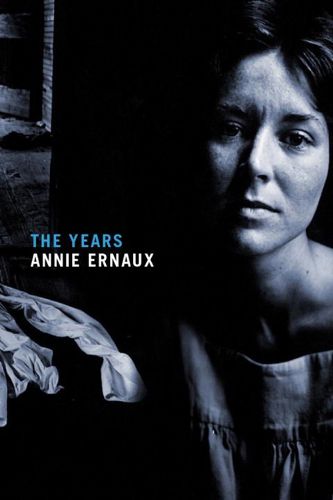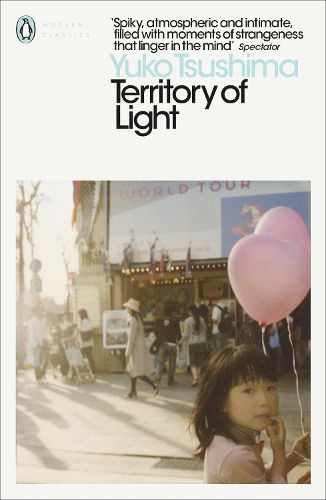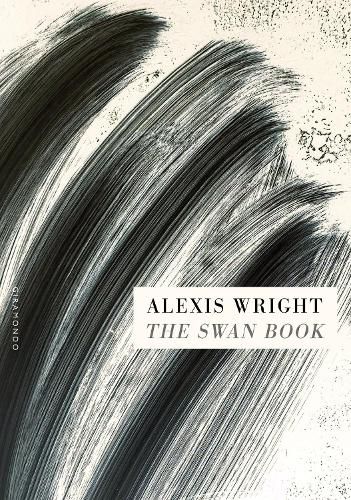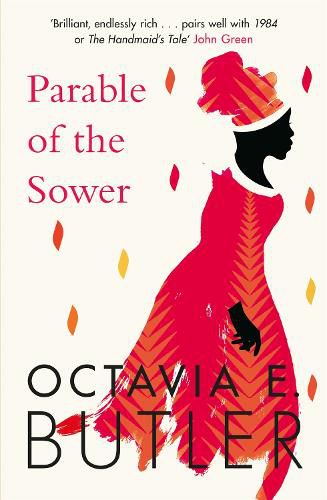Let’s talk about women. Women in the bookstore!
George Eliot wrote in her 1856 essay, Silly Novels by Lady Novelists, 'Fiction is a department of literature in which women can, after their kind, fully equal men.' I cannot imagine anyone in a Readings bookstore arguing this point.
But within the classics section, where Eliot and others reside, women are criminally under-represented and – this may give you pause – on average, the audience makeup for contemporary female writers is just 19% male. While for male writers, the audience remains evenly split. In the chatter around Kafka, Dostoevsky, Tolstoy, Steinbeck (the list goes on) we only get so much breathing room to talk about the talent of women. Despite the fact that they publish more books than men! It’s not a competition . . . but let’s make a little room.
In this list, I’m going to give you some writers who you may have already heard of but haven’t read, or perhaps there will be some names that you haven’t heard of at all. If so . . . well, then you must read them.
This is a very restrained list, in fact I cut it down from about twenty names – and to those women, I apologise.
Clarice Lispector
Lispector is a national treasure (and famous stamp) in Brazil and has gained traction abroad since the republication of her works in English. A sensuous writer of unparalleled skill, Lispector is often compared to Kafka for her work The Passion According to G.H., perhaps due to her inclusion of a cockroach and her enigmatic, sometimes reclusive personality.
If you have not read or come across her, you must do both; and if you were to read only one of Lispector's books, make it Hour of the Star. This sharp little novella was written just before her death and is for the person overwhelmed by the potentials of the ever-expanding future before them.
'She was incompetent. Incompetent for life. She had never figured out how to figure things out. She was only vaguely beginning to know the kind of absence she had of herself inside her.'
– Clarice Lispector, The Hour of the Star
Guadalupe Nettel
Guadalupe Nettel is my most recent obsession. Her novel Still Born is so tender, so genuine and felt as if Nettel were writing to me, which is a very rare experience from a very rare writer. She writes the delicate pains and strengths of female friendship with incredible grace.
Nettel has only in recent years been translated into English and it is my hope that she takes you to those quiet places inside yourself so you may weep unapologetically along with her. I did – on the tram – more than once!
'It is easy, when we are young, to have ideals and to live according to them. What is more complicated is acting consistently over time, and in spite of the challenges life puts in our way.'
– Guadalupe Nettel, Still Born
Ingeborg Bachmann
Ingeborg Bachmann is criminally under-read and that’s just a fact. She should be studied in high schools; she is incredible. Bachmann is an Austrian writer and her work Malina is the one to get your hands on – it will swallow you whole. She is a savage voice; her work was the blade in which women of the time could understand their continued oppression in the post-war era and she writes consistently about the continuation of Nazism within democracy – an increasingly relevant theme in our age.
Malina tackles the impossibility of good love under capitalism and the battle for power in gendered relationships. Please, I beg of you, read her!
'Once one has survived something then survival itself interferes with understanding, and you don't even know which lives came before and which is your life of today, you even mix up your own lives.'
– Ingeborg Bachmann, Malina
Annie Ernaux
Winner of the Nobel Prize for Literature in 2022, Annie is a working-class girl’s girl and it’s one of the reasons I love her – she gets it, the restrained, chilly rage. She is the ultimate wielder (and I would say welder) of memory in her projects that recentre conversations about class and womanhood. The Years is probably the place to start – within her oeuvre it is quite singular, yet it's an affecting read. Or perhaps Simple Passion may take your fancy, as it is a shorter read and conveys that deep obsessiveness of love and loneliness. Or just read all her books, it will do you good, I promise!
'I do not wish to explain my passion – that would imply that it was a mistake or some disorder I need to justify – I just want to describe it.'
– Annie Ernaux, Simple Passion
Yūko Tsushima
I was recently put on to Tsushima by a co-worker, without realizing I already had Territory of Light waiting for me at home on my TBR shelf. I fell in love in an instant. It's pertinent to say that she is the daughter of Osamu Dazai, but I would say that her books speak to me with a greater gentleness and a greater insight into the personal struggles of women. Territory of Light dips into the heartache of single motherhood with a lightness of prose that will leave you gasping at points. She is truly wonderful.
'Quick now, give up this idle pondering! And let’s be off into the great wide world!'
– Yūko Tsushima, Territory of Light
Alexis Wright
I don’t think I have to say too much about Alexis Wright – her genius is undebatable, and we all know it. I genuinely think she’s in the running for the Nobel in the next few years (if only I were a gambler). A master of nearly all forms of prose, her books feel criminally fun and tragic, they burst with imaginative prose that subvert western cannons of literature.
I would recommend starting with The Swan Book, mostly because it’s my favourite and sometimes I don’t want to justify why, but I’ll give you a little taste. The Swan Book is a good lens to view Australia’s political climate and honestly is one of the most realistic ‘speculative’ books I’ve read. The prose is unapologetic, it’s anger and loneliness and love incarnate. Thank you, Alexis!
'Her mind was only a lonely mansion for the stories of extinction.'
– Alexis Wright, The Swan Book
Octavia E. Butler
Butler should never be forgotten as one of the great speculative writers and essayists. She is incredibly accessible; her prose is crafted in such a refined way that allows her thought-provoking work to breathe. Butler is a writer I would recommend everyone at least try. Her book Parable of the Sower has affected me many years after reading it. Always relegated to the Science Fiction section (while Vonnegut and David Mitchell sit within fiction in most bookshops . . . but the gender politics of sections in bookshops is another blog post all together), Butler deserves to be more widely read. Parable of the Sower is so desperately relevant to the political state we are in today, it feels as if she is a prophet.
'The world is full of painful stories. Sometimes it seems as though there aren't any other kind and yet I found myself thinking how beautiful that glint of water was through the trees.'
– Octavia E. Butler, Parable of the Sower
